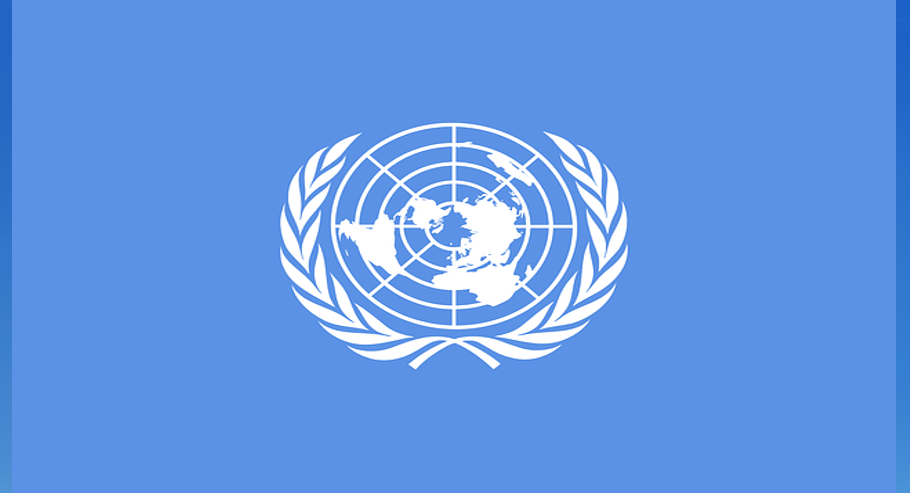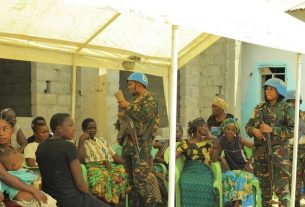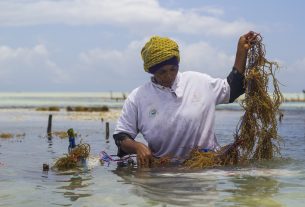GENEVA / MOSCOW — The United Nations Special Rapporteur on the situation of human rights in the Russian Federation, Mariana Katzarova, has issued a strong call for the release of Grigory Melkonyants, a prominent election law expert and co-chair of the Golos movement. This follows his sentencing last week to five years in prison by Moscow’s Basmanny Court.
Katzarova condemned the court’s decision as a “grave miscarriage of justice” and a deliberate attempt to silence dissent, particularly targeting voices advocating for electoral transparency in Russia.
“Melkonyants is being punished not for a crime, but for his steadfast commitment to human rights and safeguarding the principle of free and fair elections in Russia,” said Katzarova.
A Politically Motivated Prosecution
According to the UN official, the trial was fraught with procedural irregularities, including misrepresented evidence, outdated data from public websites, and blatant disregard for legal timelines. Despite being held in pre-trial detention for over a year, prosecutors failed to demonstrate that Melkonyants posed any threat to the judicial process.
Melkonyants was arrested in 2023—just weeks before a national election—shortly after Golos published a YouTube broadcast declaring that elections held in Russian-occupied Ukrainian territories would be legally non-binding. The Golos movement, which has advocated for electoral reform in Russia for over two decades, was previously branded a “foreign agent” by Russian authorities.
Crackdown on Civil Society and Human Rights
Katzarova linked the sentencing to a broader campaign of repression against civil society and independent institutions since Russia’s full-scale invasion of Ukraine in 2022. She pointed to the government’s intensified efforts to suppress dissent, curtail international cooperation, and criminalize activism.
She cited Article 19 of the International Covenant on Civil and Political Rights (ICCPR)—to which Russia remains a signatory—stressing that the right to freedom of expression includes holding opinions without interference and the freedom to receive and impart information.
“Russia’s use of its ‘foreign agent’ and ‘undesirable organizations’ laws systematically violates international standards,” she said.
Just weeks before Melkonyants’ sentencing, Russian authorities added Amnesty International to the list of “undesirable organizations,” accusing it of supporting Ukraine, promoting “Russophobic” narratives, and funding extremism.
“An Exciting Experience,” Melkonyants Says from Court
Despite the severity of his situation, Melkonyants remained composed during his final court appearance. He described the past year as “an exciting experience,” noting that he had lived in three prisons, occupied twelve different cells, and interacted with over 100 cellmates while undergoing 26 court proceedings. He also highlighted contradictions between the charges against him and Russia’s own constitutional guarantees.
Independent Russian and international human rights organizations have classified Melkonyants as a political prisoner, with growing concern that his case may set a chilling precedent for all civic watchdogs in the country.
Katzarova concluded her remarks by reiterating her demand for Melkonyants’ immediate and unconditional release, urging Russia to uphold its commitments under international law and respect the fundamental rights of its citizens.



